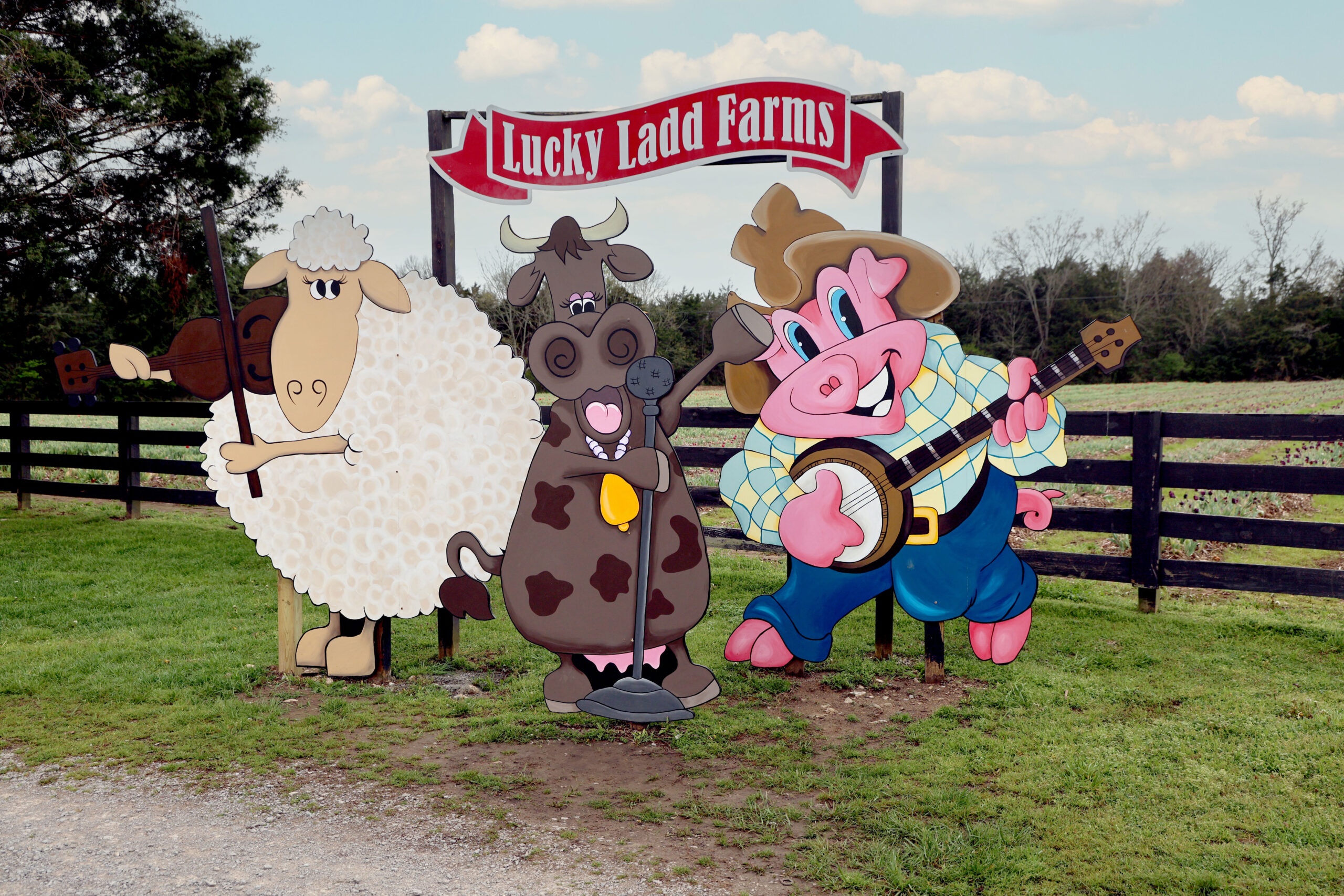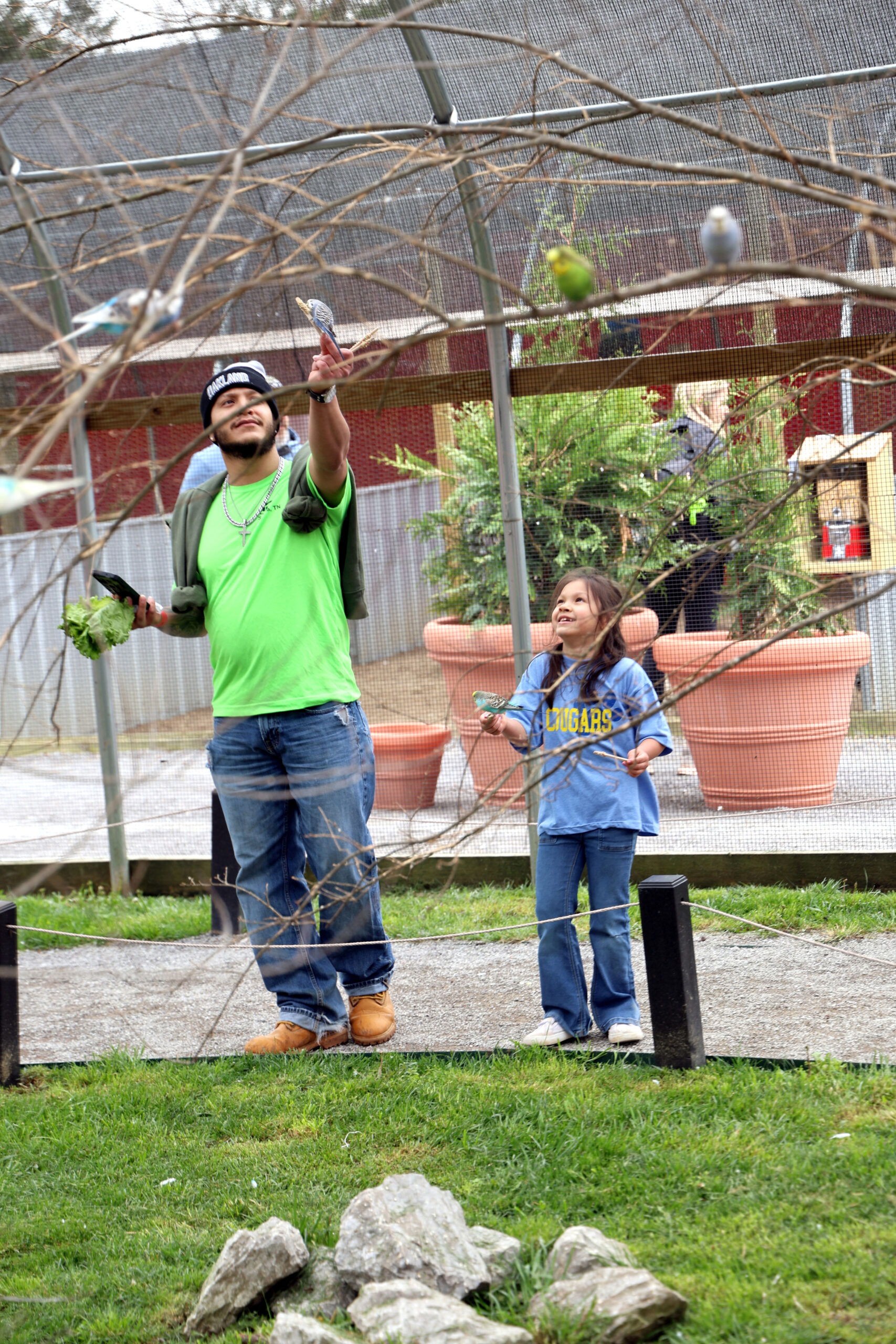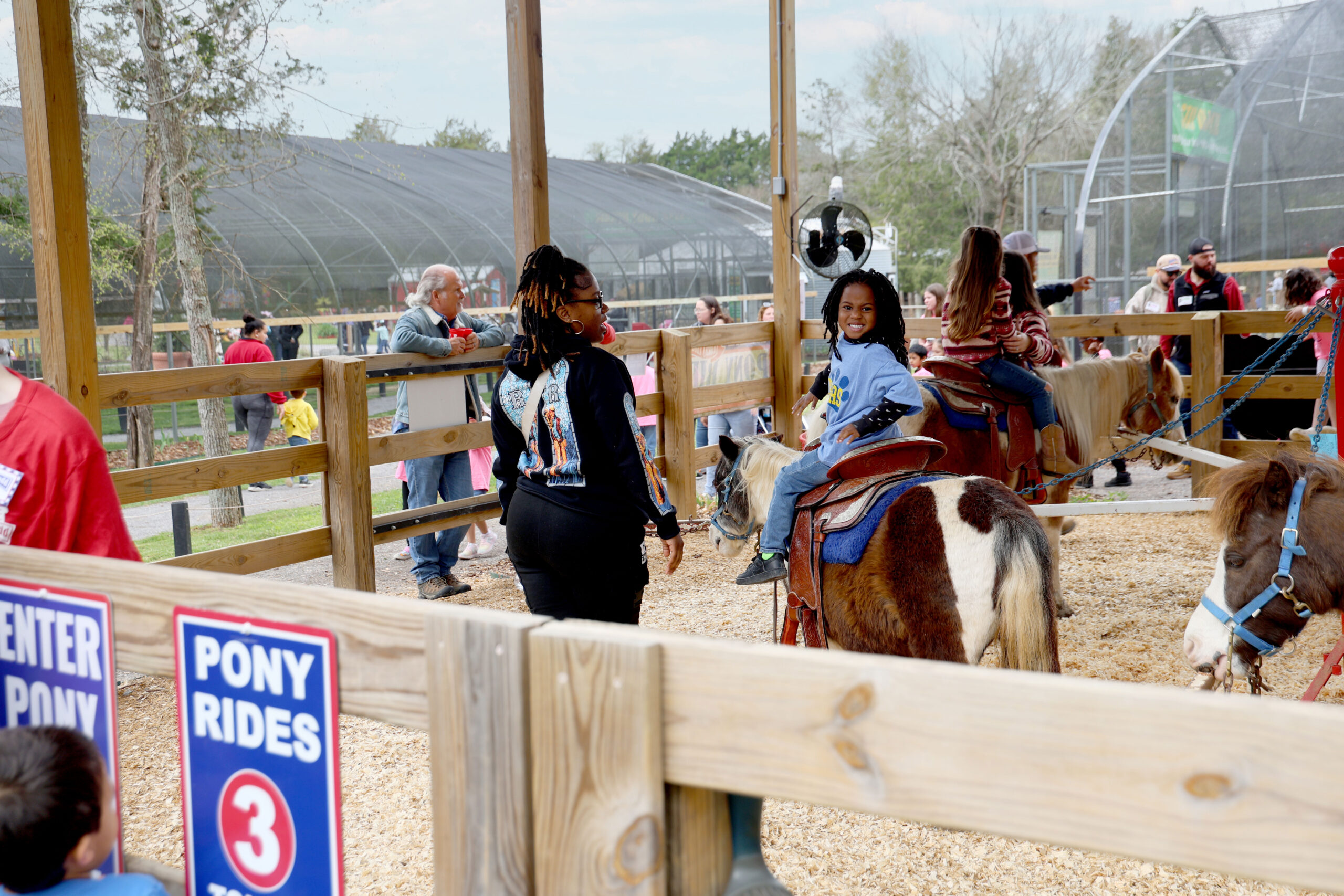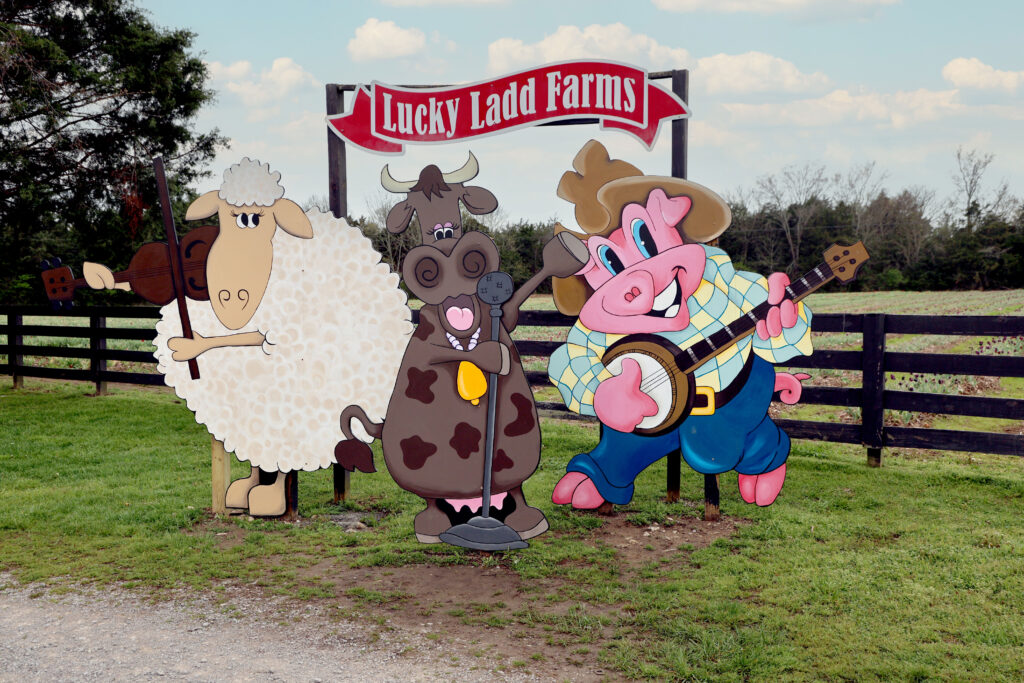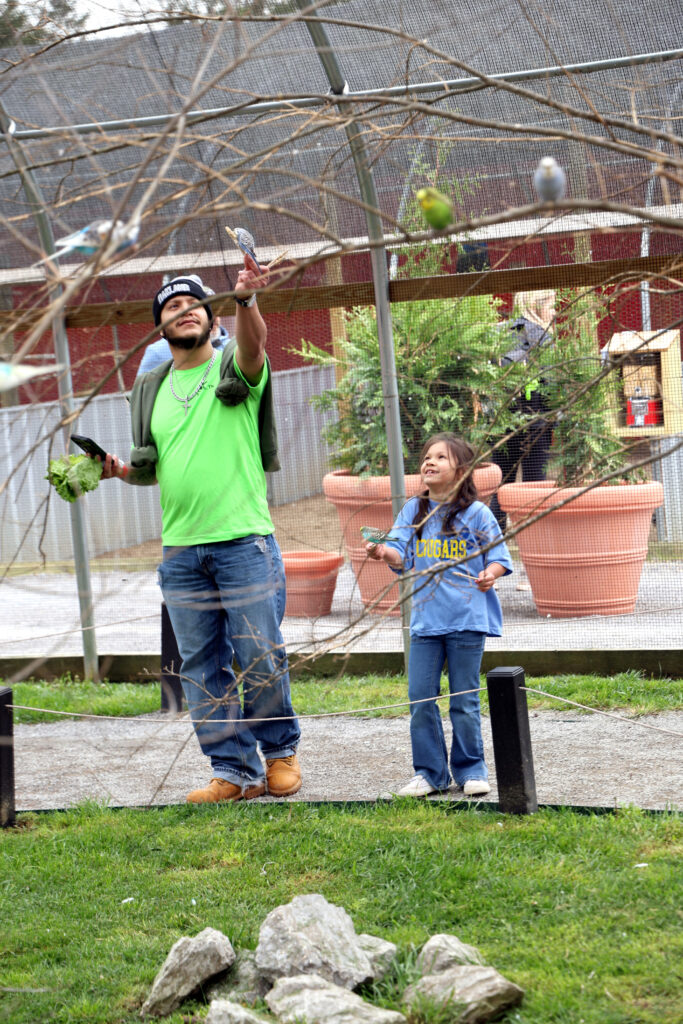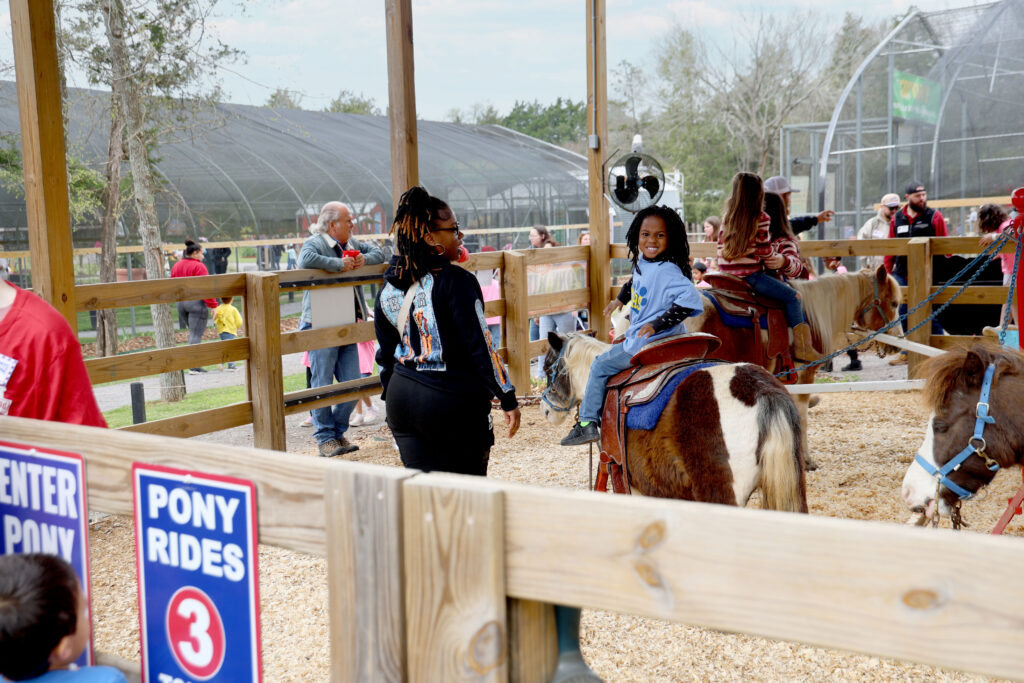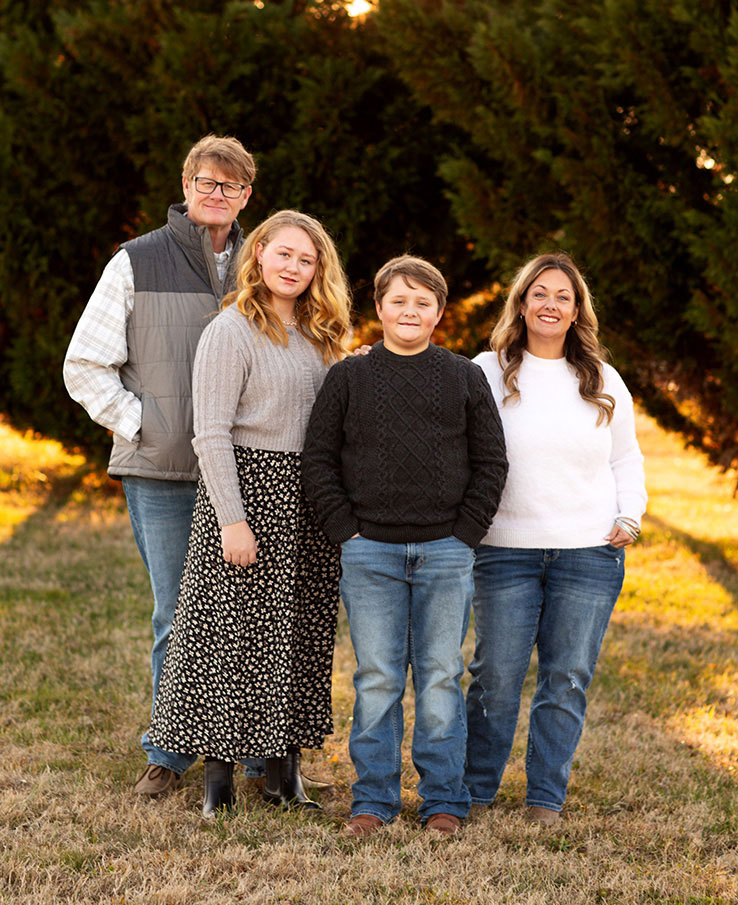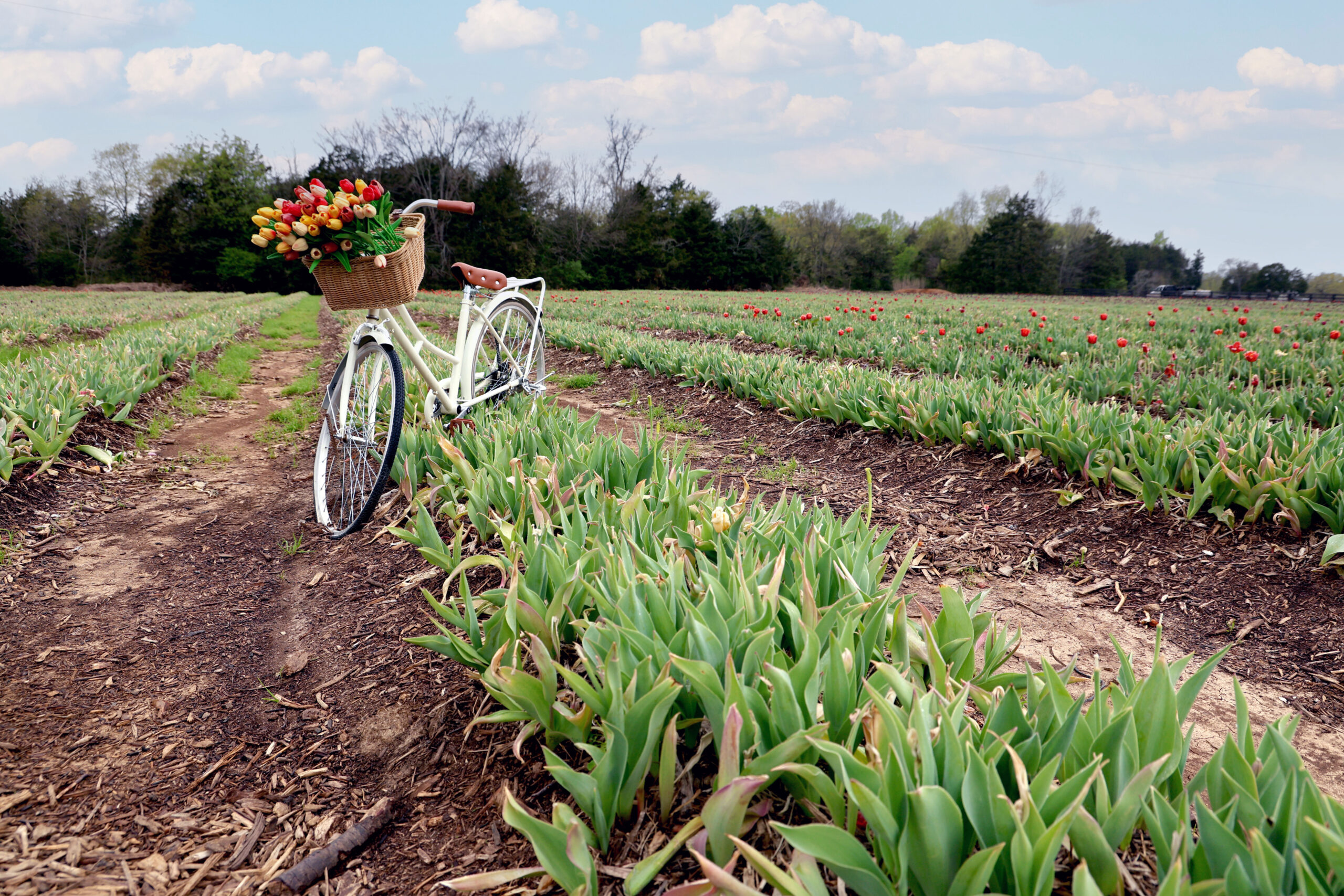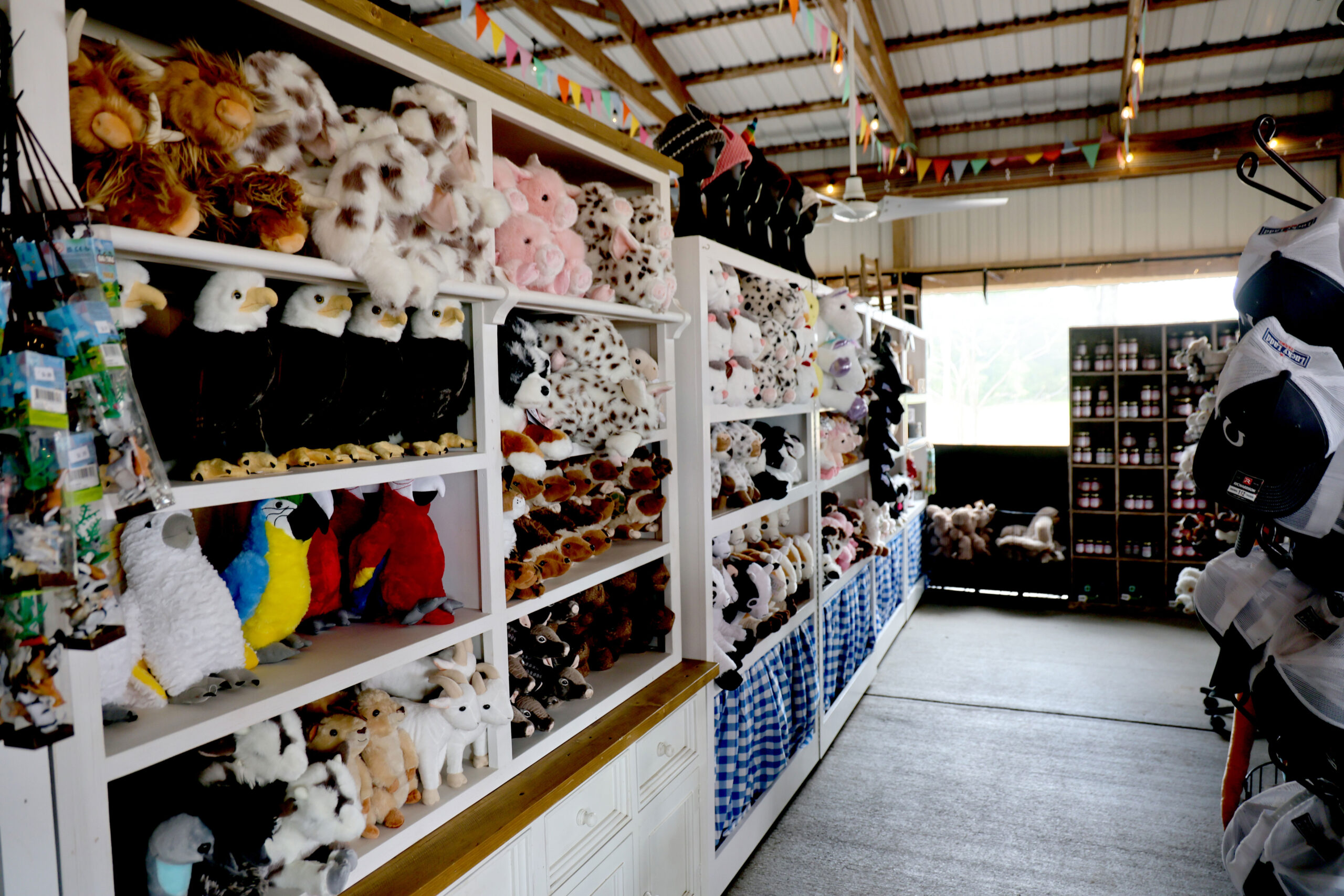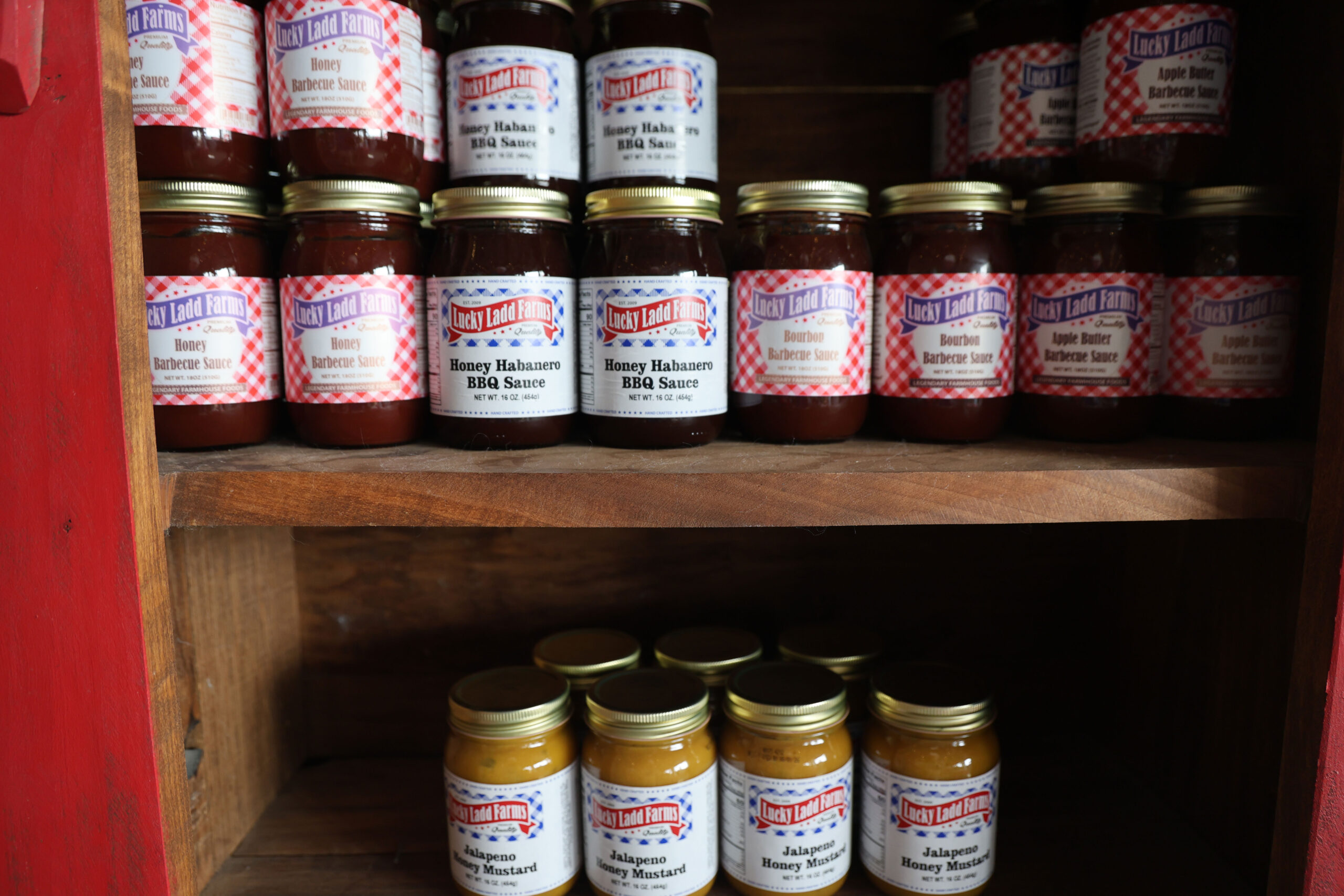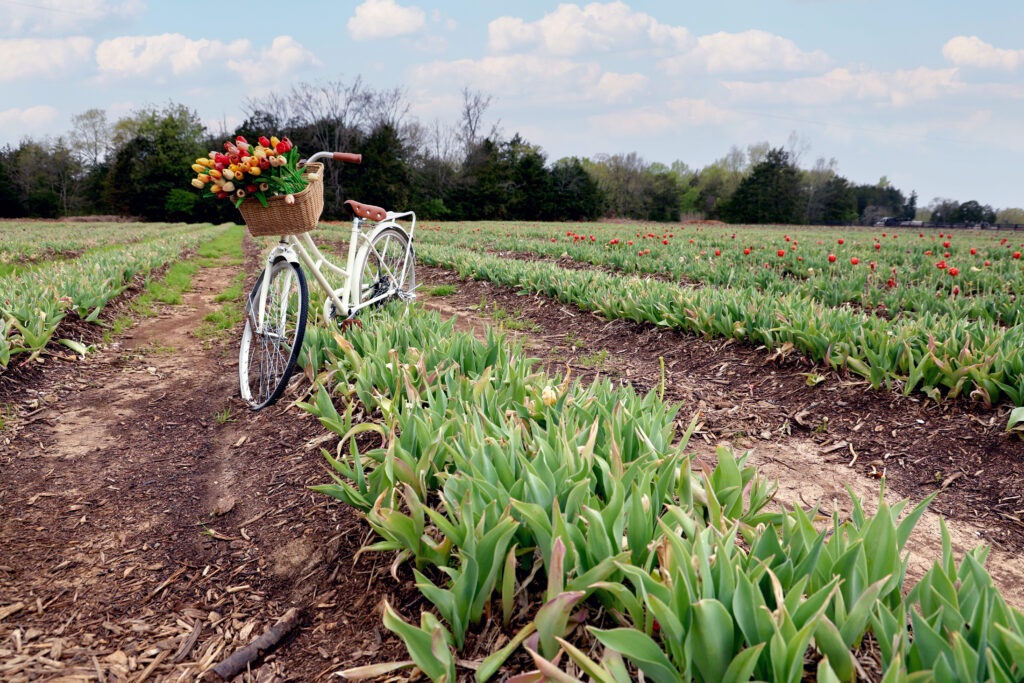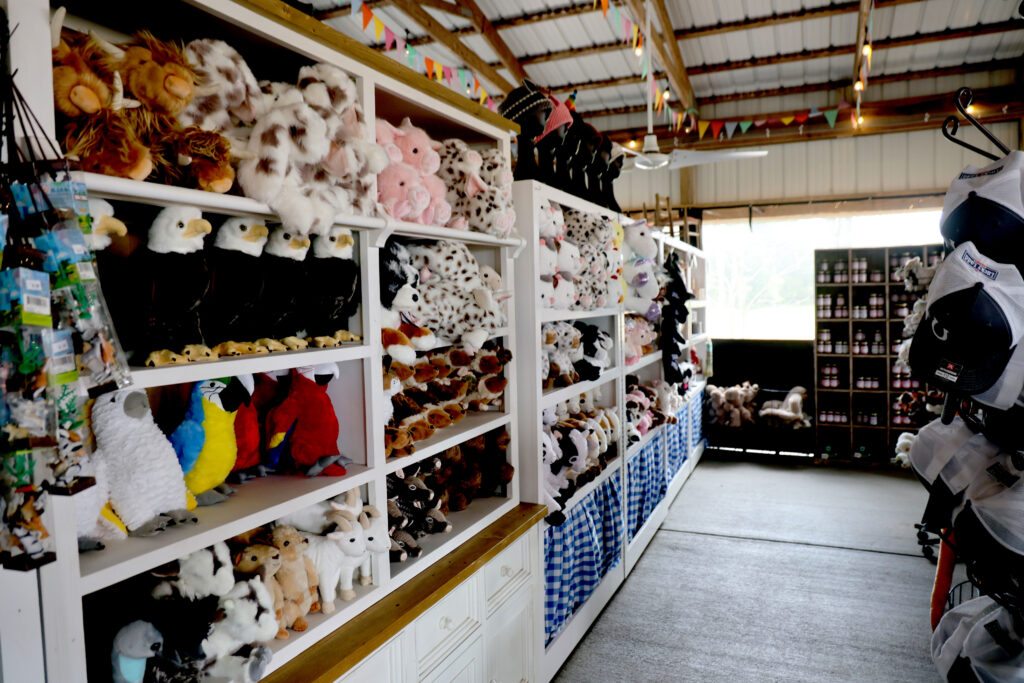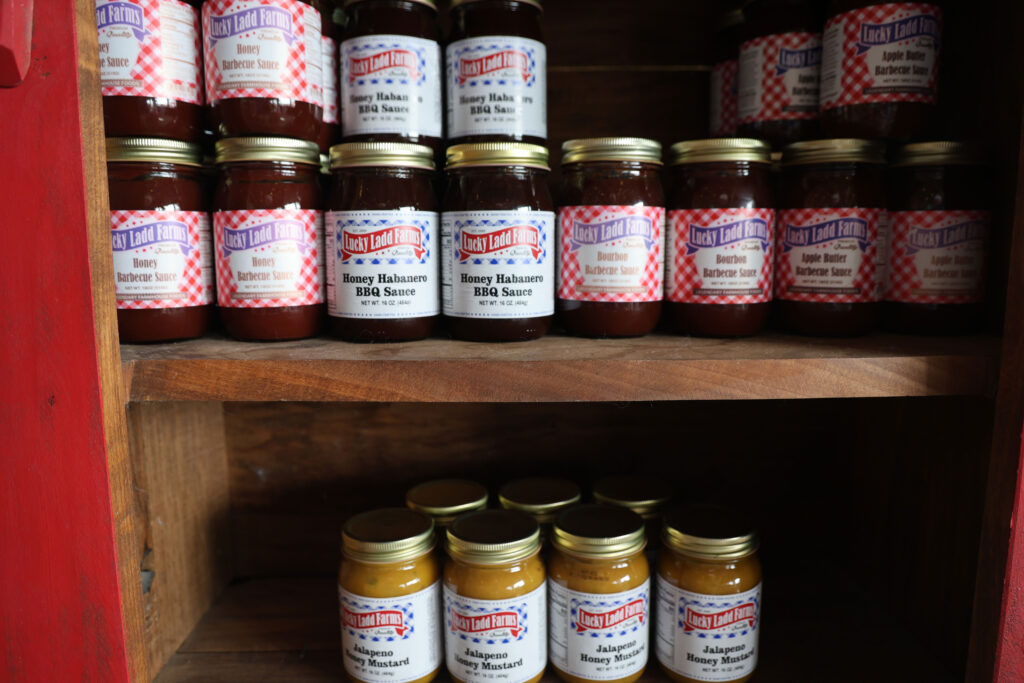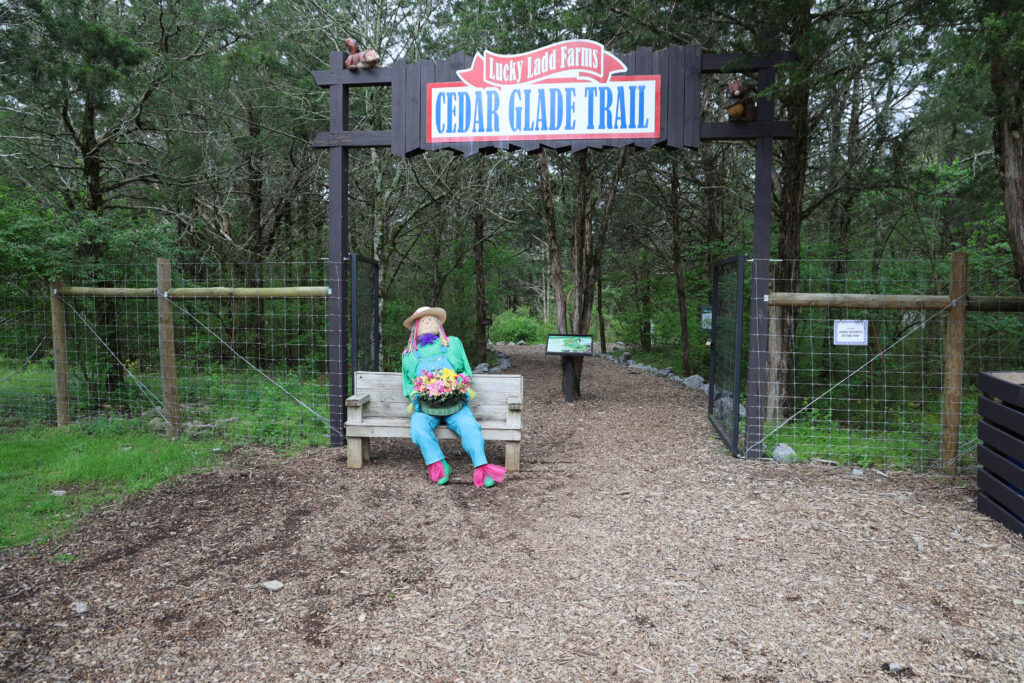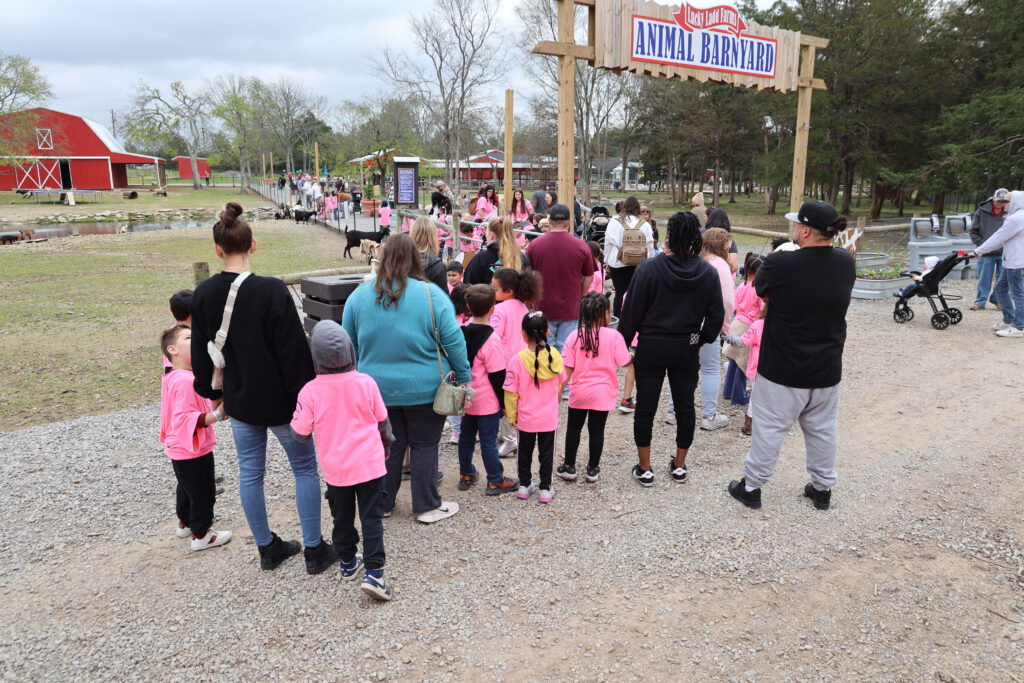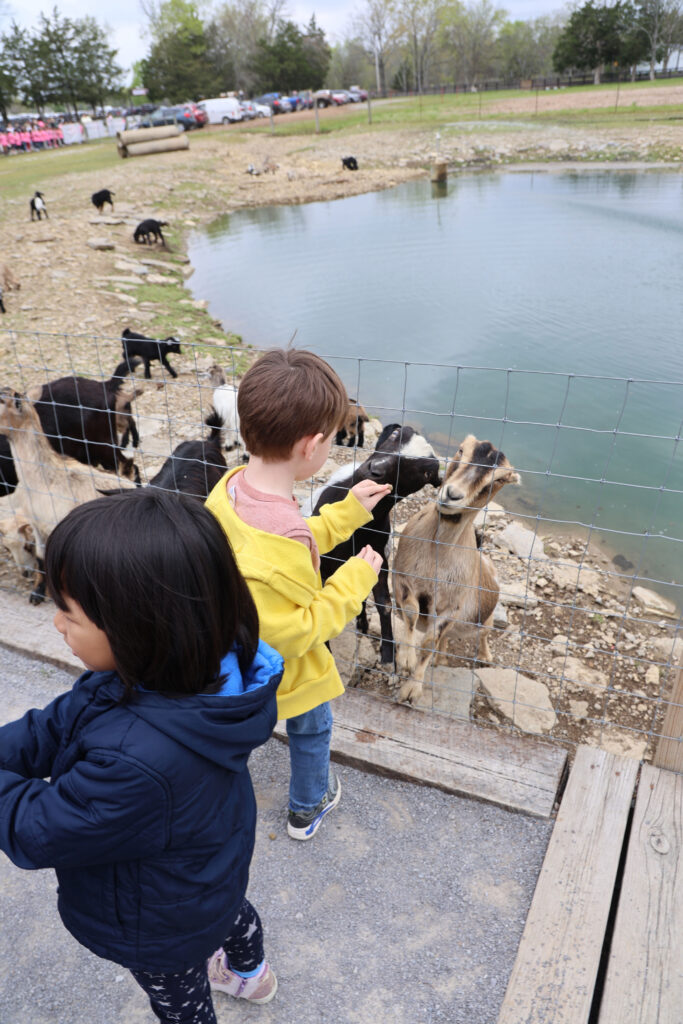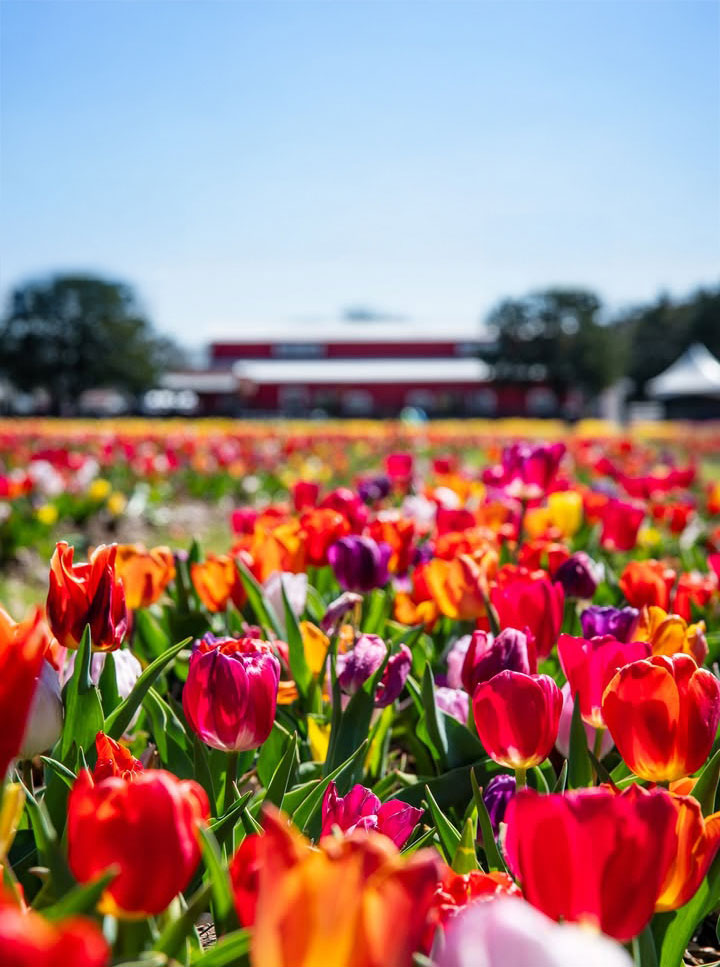
Fields of Fun
June 8, 2025
Written By Paul Wesslund
From Pony Rides to Tulip Picking, Lucky Ladd Farms Entertains Children and Adults With a Message About Where Food Comes From
Jason Ladd drives his weathered golf cart around the 100 acres of Lucky Ladd Farms in the middle of Tennessee, describing what it takes to make a successful agritourism attraction. But he keeps interrupting himself. “People always want to know what’s next. What’s the next thing?” he says.
He stops the cart and gets off to move a rock from a small patch of grass back to the border around it.
“The last big project was the new reptile building, with snakes, small mammals, some chinchillas,” he continues as he returns to the driver’s seat. “Next is this new gift barn coming up. It’s going to have a coffee shop and a pizza area.”
A few moments later, he stops again near a pot with a small tree planted in it. The sapling has come loose from the support rod, and he carefully reties it. A few minutes later, he spots a lawn chair that has tipped over. He sets it upright.
Lucky Ladd Farms announces itself as a big deal right away, beginning with the 3,000-vehicle-capacity parking lot (with another 1,000 spots at an off-site lot), and then with an entryway fence lined with brightly colored event banners for tulip picking, breakfast with the Easter Bunny, a sunflower festival, a pumpkin patch, a corn maze, and cookies and cocoa with Santa.
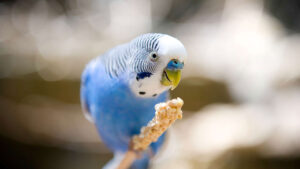
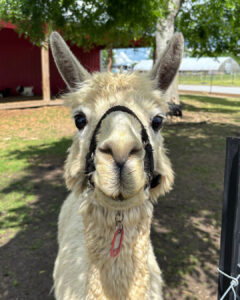
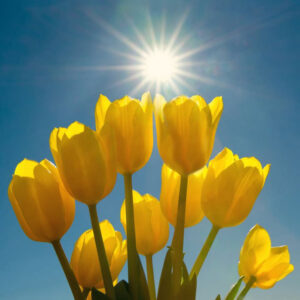

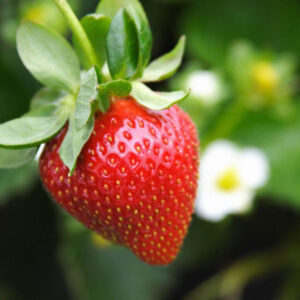
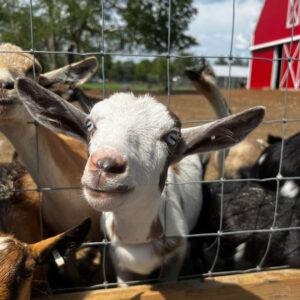
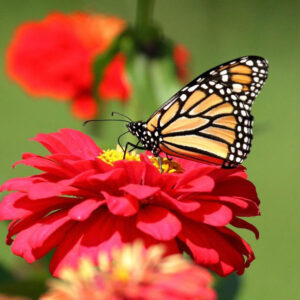

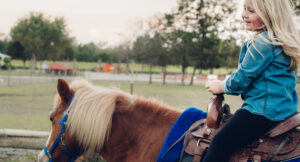
Photos courtesy of Lucky Ladd Farms — From tulips to turkeys, parakeets to ponies, there’s no shortage of sights to see at Lucky Ladd Farms. Located just west of Murfreesboro, Tenn., this farmstead is home to Tennessee’s largest petting farm attraction, featuring hundreds of friendly animals and exotic livestock. Seasonal activities like tulip picking in the spring and strawberry harvesting in early summer keep families coming back throughout the year. Whether you’re wandering through flower fields or making new four-legged friends, Lucky Ladd Farms offers fun for all ages.
Looking Through a Child’s Eyes
Jason talks about his business in even, measured tones that contrast with the whimsey around him. A large sign over the ticket booth declares, “The Fun Starts Here.” Just inside the gate, large, colorful, cartoonish cutout figures form a bluegrass trio, with a singing cow, fiddle-playing sheep and banjo-picking pig.
“You try to look at things through a child’s eyes,” he says, as he lists the events and attractions on the site. “They want to have fun, so you’ve got to try to make it fun but educational at the same time.”
That priority of education is more than just words to Jason. If you talk to any farmer long enough, they’ll eventually say something like, “Kids today think food comes from a grocery store.”
Jason says that’s true, and he sees Lucky Ladd as a way to spread a wider understanding of what animals and the outdoors mean.
While growing up on a small farm raising cows, hay and tobacco, Jason didn’t appreciate the farm life. “I didn’t like it,” he says. “I thought I was working like hell for free, but it teaches respect for life and that hard work doesn’t kill you.”
Jason met and married Amy, whom he describes as a city girl who loved animals and thought about becoming a veterinarian. When they were first married, he was doing well running a trucking business while also tending their small farm. Amy added a pig to their operation, then she wanted some sheep and goats. She thought others might even pay to visit and learn about farming and animals.
Food Comes From Walmart?
Turns out, Amy was right. When a church group visited their small plot, Jason heard them saying food came from Walmart and Kroger. “A light bulb went off in my head,” he says.
As Jason worked to turn that bright idea into a business, he would be reminded regularly why it all started.
“I was doing school tours with the children, and they were calling sheep ‘buffalo,’” he recalls. “They wouldn’t know what an actual horse was, or a pony, or a cow. It kind of touched pretty deep, and I try to have several different educational programs.”
Those programs might involve elementary school students sitting in an outdoor classroom learning in detail about sunflowers, or a large group of squealing children holding popsicle sticks of birdseed out to a blizzard of colorful parakeets under the direction of the farm’s zookeeper.
In the 13 years since the launch of Lucky Ladd Farms, it’s grown to bring in 70,000 visitors a year and employ 17 year-round, full-time staff. The number of employees rises to 125 during the fall season, which is busy with Halloween and Christmas activities and displays.
And Lucky Ladd Farms is a family affair. Amy is regularly on business calls. Their daughter, Jacey, 14, and son, William, 12, also help out.
It’s a long and seemingly improbable leap from raising cows and hay to an enterprise that includes peacocks, chinchillas, llamas and even a Lucky Ladd Radio station playing over the PA. But in Jason’s matter-of-fact recounting, what seems like a giant leap was just one logical step after another.
For instance, in addressing Lucky Ladd Radio, he says it is all app-driven. “It comes through Neptune Radio,” he says. “You write your own scripts and pick out your music.”
As for developing the expertise to run the other new pieces and parts of the farm, he credits “just research.”
Help From Family and Around the World
Jason is also not shy about getting advice and ideas from others—anywhere in the world he can find it.
He hired a specialist to oversee populating the new reptile building. When a group of college professors visited and told him about the plants unique to the area, he gave his mother-in-law the project of creating a nature trail. He’s part of an international agritourism group that gave him the idea for what is now four-and-a-half acres of tulips.
That international group also offers hard-won business wisdom. One reason he chose tulip-picking was to fill the springtime, which keeps the tourist traffic flowing before summer strawberry picking and late-year holiday events. The group’s conferences cover employee management and government regulatory compliance.
He even learns what to avoid as he hears about other agritourism ventures that struggle because they’re too deep into farm country. Lucky Ladd is located in the middle of Nashville, Franklin and Murfreesboro. The center of each city is about 30 minutes away, and each city is dense enough to draw a reliable stream of visitors.
“We have three-and-a-half million people [living] within an hour [of us], which helps,” he says.
Those visitors come in school buses as well as family cars to walk the dirt paths that lead to a different attraction around every curve, including a pen to feed goats, a narrated wagon ride, a playground and pony rides. The gift shop sells jars of Lucky Ladd-labeled products from Four Pepper Jelly to Honey Habanero BBQ Sauce to Queso Extreme to B.E.A.R. Jam (that’s Blackberry, Elderberry, Apple and Red Raspberry). The products are not made directly by the farm but by a company specializing in gift shop products. The shop’s best-selling items, though, are the lineup of brightly colored stuffed animals, such as parrots, pigs, eagles and cows.
Like so much else on the farm, the shop’s inventory has been pieced together over the years with the help and insights of others.
“We educated ourselves on what other people were doing,” Jason says. “We try to learn before we jump in. You can’t do it all, so you have to have good people working for you.”
As Lucky Ladd Farms has expanded its attractions and offerings over the past 13 years, it has become a premier agritourism destination. Supporting that growth behind the scenes is a steady supply of propane from MFA Oil, which helps power the farm’s operations.
Small Things, Big Impact
The pieces and parts that make up Lucky Ladd Farms are as big as planting an incredible 1 million tulip bulbs, or as small as interrupting a magazine interview to move a rock out of the grass.
Lucky Ladd Farms was built on the small things—one small step at a time. Jason hopes to keep taking those steps, keep building, keep educating one school group at a time, so the appreciation for where food comes from is felt for a long time to come.



